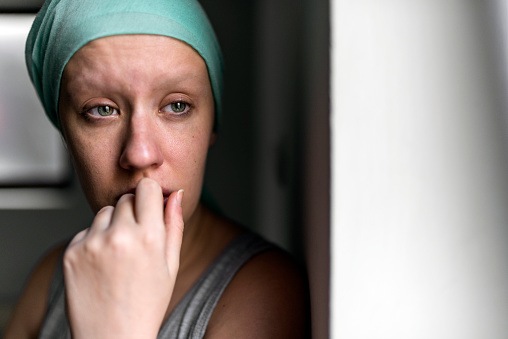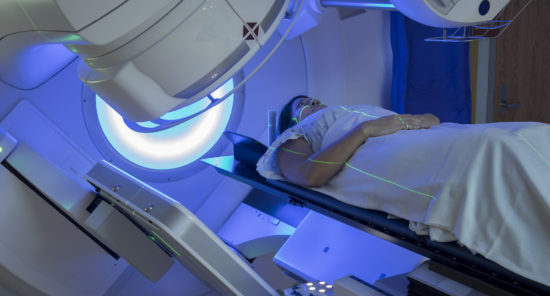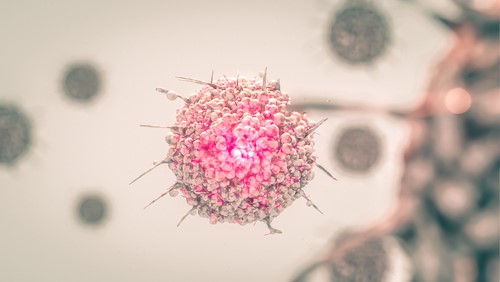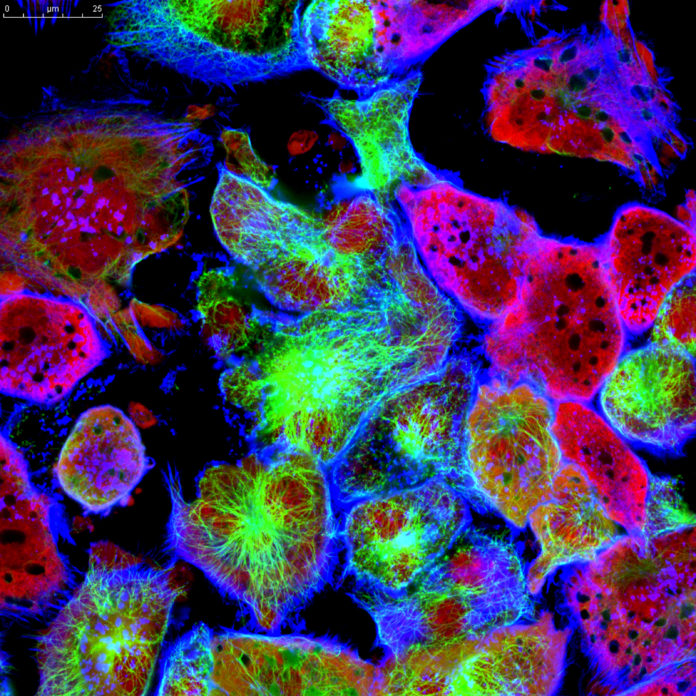Patients with advanced breast cancer who are treated with cyclin-dependent kinase (CD4) 4 and 6 inhibitors and carry germline pathogenic variants in DNA repair-related genes have poor outcomes, according to a study published in JCO Precision Oncology.
In this retrospective analysis, researchers studied the efficacy of CDK 4/6 inhibitors plus endocrine therapy in patients with hormone receptor-positive/human epidermal growth factor receptor 2-negative advanced breast cancer. In the total population of interest (n = 217), 15 (6.9%) patients carried gBRCA1/2 (n = 10)-ATM (n = 4)-CHEK2 (n = 1) pathogenic variants, 45 (20.7%) were WT, and 157 (72.4%) were nontested. Prognostic factors including age, metastatic site (visceral v nonvisceral), Eastern Cooperative Oncology Group, and prior treatment with CDK 4/6 inhibitors were assessed using univariate and multivariate Cox regression models.
According to the results, the average progression-free survival was shorter in patients with germline pathogenic variants (10.2 months [95% CI, 5.7 to 14.7]), compared with WT and nontested patients (15.6 months [95% CI, 7.8 to 23.4], and (17.6 months [95% CI, 12.9 to 22.2]; P = .002). The investigators noted that consistently, a worse median overall survival was observed in the subgroup with germline pathogenic variants than in the WT group (P = .006). Overall, the results of multivariable analysis revealed that mutation status was an independent prognostic factor of both progression-free survival (P = .020), and overall survival (P = .012).
The researchers concluded that “gBRCA1/2–ATM-CHEK2 pathogenic variants were independently associated with poor outcomes in patients with advanced breast cancer treated with CDK4/6 inhibitors.”
Link: https://pubmed.ncbi.nlm.nih.gov/35235412/
Keywords: CD4/6 inhibitors, breast cancer, pathogenic variants









